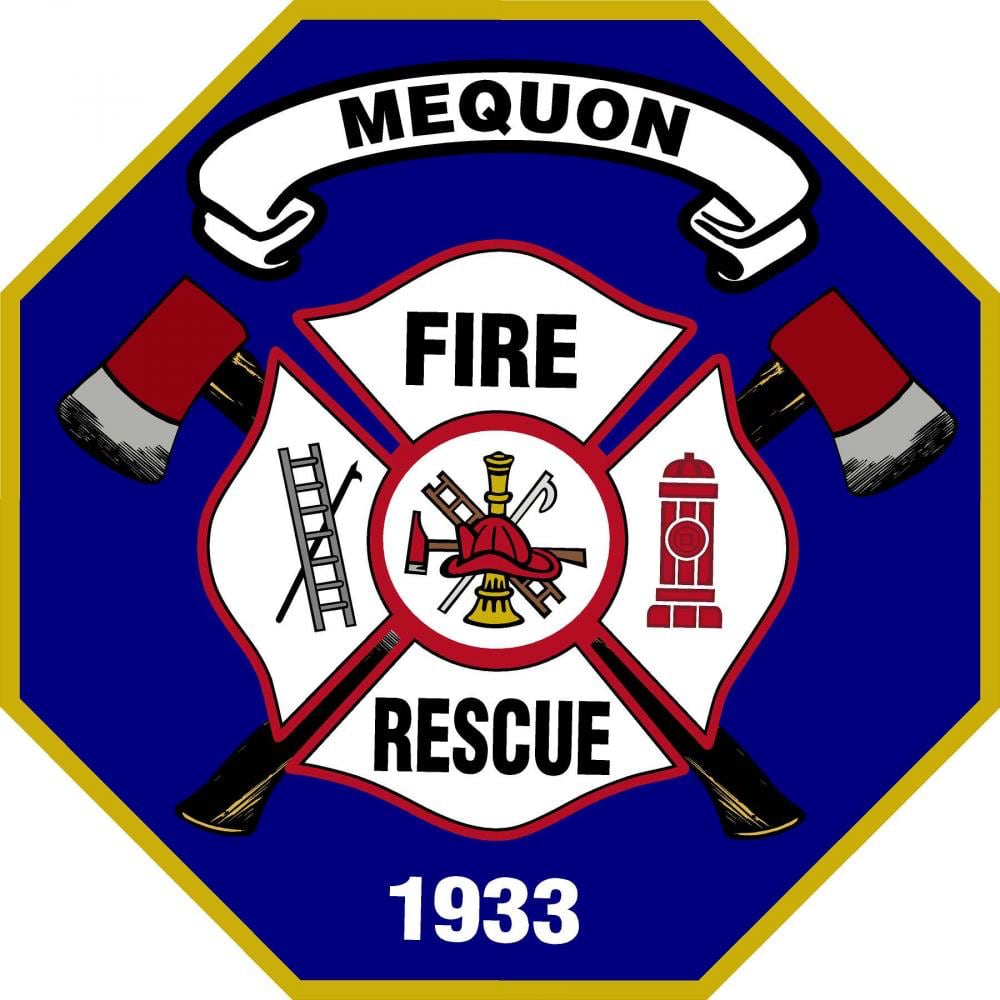
Eddie Morales - Milwaukee Journal Sentinel
With declining volunteer interest and just two full-time staff members at the Mequon Fire Department, a committee on Tuesday recommended the city hire three deputy chiefs, one emergency medical technician and increase wages for paid-on-call members — all at a cost of about $750,000.
The recommendation came from the Future of Our Fire Department Committee, created in June 2019 by Mayor John Wirth with the task of creating a road map to solve staffing problems.
“We want to get away from putting a Band-Aid on the bleeding,” said committee member Lynn Streeter. “We make these things permanent, and we are able to recruit successfully and be more competitive with our surrounding communities.”
For the Mequon Fire Department, being more competitive means offering enticing positions for easier recruiting.
Strengthening the structure
“An organization our size has difficulty competing,” said Deputy Fire Chief Kurt Zellman. “We hire a line-level firefighter or entry-level person, put a bunch of time and effort into training them and yet, in our organization, there’s a big gap between where they are when they start and where they can go.”
The committee proposed four options with costs ranging from $0 to $4.5 million. Committee members agreed upon the “budget conscious” option, which would have the city strengthen the department’s current structure.
The suggested budget increase would cover three deputy chief salaries at $120,000 each, $311,820 to permanently increase the wages for paid-on-call staffers and $79,012 for an additional EMT.
The fire department has two full-time chiefs, about 50 paid-on-call members and six emergency medical services members: two first responders, one paid-on-premises paramedic and three paid-on-call EMTs.
Streeter said that within that pool of 50 paid-in-call members there is a core group of about 12 that staffs 80% of call hours.“In and of itself, that creates a risk,” she said.
Alderman Robert Strzelczyk questioned why the committee didn't suggest a plan with less costly positions than additional deputy chiefs. “Why aren’t we bringing somebody in as a mid-level or captain level or something where they have supervisory skills, but it’s not at a $120,000 a year position on our taxpayers' shoulders?” he asked.
The cost of hiring three deputy chiefs — for the roles of emergency medical services, training and community risk reduction — would cost $360,000.
Alderman and committee member Dale Mayr explained that they are suggesting a top-down approachand that their "deputy chief" titles aren’t as important as the jobs they'd be doing.
Alderwoman Kathleen Schneider said the new chiefs would staff ambulances along with the EMTs.
“They’ll be providing supervision in real time, hands on, not reviewing reports the next day to see what they did, but they will be providing care to our community at a high level,” she said.
Zellman said recruiting higher-level employees from other departments for the proposed deputy chief positions is the better investment.
“A number of other fire departments in these areas have tried the bottom-up approach, and we’ve learned that it simply doesn’t work,” said Zellman.
"We don’t have paid captains and lieutenants positions, so they have nowhere to go once they’re a line-firefighter," he said. "They hire an individual, they’re there six, eight, nine months — and then Milwaukee hires, North Shore hires, West Allis hires, and those people leave, and the organization just starts all over again.”
Fire Chief David Bialk said he recommended deputy chief positions to recruit the best qualified people, and that hiring for a position ranked below chief qualifies the new hires to become union members.
Alderman Mark Gierl said the money would be well spent.
“I think that the way the job market is today, you don’t want to train people just so someone can take them away from you at a higher wage,” he said.
Staffing a full-time, paid-on-premises EMT and permanently increasing paid-on-call wages would cost $79,012 and $311,820, respectively. Paid-on-call wages have been raised due to the pandemic.
The report said permanently raising the standby pay from $3 an hour to $7, raising the hourly call pay by $10, which ranges from $16.50 to $26.50, and raising the paid-on-premises pay from $18.32 to $33.32 per hour would encourage current members to sign up for on-call shifts.
A paid-on-premises EMT is staffed only at Station 2. Hiring a paramedic at Station 1 would help cover Mequon’s west side, and offer coverage between stations when needed.
According to a committee report, it is common to have multiple EMS calls at once, increasing the need for an EMT to be immediately available from either station.
The fire department's future
In determining its recommendations, the committee compared Mequon to Pleasant Prairie. Although Mequon has a larger population and coverage area, the fire department's budget is about $2.5 million less, according to the committee report.
However, its call volume is slightly less:
Based on data collected in 2019 and throughout 2020, the committee estimates Mequon will have 2,414 calls by the year's end compared to Pleasant Prairies estimated 2,653.
Pleasant Prairie has 29 full-time staff members; Mequon has two.
Streeter said the committee’s work isn’t over.
“We want to continue to look at long-term needs, and we think it’s responsible for us to evaluate facilities and equipment and continue on that journey,” she said.
The appropriations committee is expected to consider the fire department committee’s recommendations Sept. 23. Schneider said there are several appropriation committee meetings in which the needs of all city departments are discussed. After the last meeting, the final budget is submitted for approval by the common council.